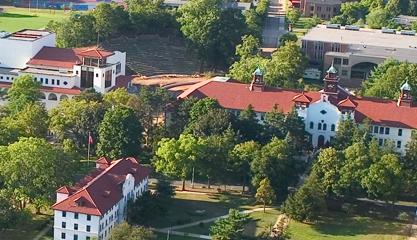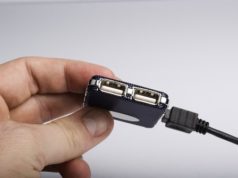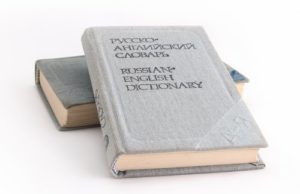
Montclair State University’s (MSU) Political Science and Law Department offers students a strong foundation in both politics and law, and students are taught to look at the subjects of politics and law from an interdisciplinary perspective. The Department enhances its students’ knowledge of politics, government, public affairs and the legal process. Beyond this, it seeks to educate the whole student about the responsibilities of good citizenship. Political Science and Jurisprudence students at MSU are taught how to practically apply the theories they learn in the classroom.
(More on News at LAWS.com, contact Adam for interviews “adama@laws.com”)
At the graduate level, the Department offers a Master of Arts in Law and Governance has four concentrations from which to choose as well as a Certificate in Conflict Management in the Workplace. The concentrations offered include Conflict Management and Peace Studies; Governance, Compliance and Regulation; Legal Management and Intellectual Property. The Master of Arts in Law and Governance at MSU provides academic opportunities that have led to genuine career enhancement for its graduates. For examples, graduates of this program have found employment in the large accounting firms in partner track positions, pharmaceutical intellectual property and corporate compliance, state and federal agencies, international NGOs, and many areas of conflict management as negotiators, arbitrators, and mediators.
The following is an interview conducted by laws.com with Professor Jack Baldwin LeClair, University Distinguished Teacher and Chair of the Political Science and Law Department at MSU. He talks to laws.com about the Department, what it offers its students in terms of a truly global education, its future plans, and what other graduates have gone on to do.
What are some of the hallmarks of the Montclair State University Political Science Program?
Given its relatively small size of 12 faculty members, the department has great expertise in a wide variety of areas, We cover Russia, China, the Middle East, Central and South America, Western Europe and Sub-Saharan Africa.
We try to educate the whole student, not only providing a theoretical foundation, but also trying to orient our students as good national and world citizens by applying their developed expertise for the public good within the context of their chosen careers.
What have students gone on to do after completing a degree in Political Science at Montclair State University?
Many of our students continue to masters and doctoral programs. Quite a few of our students, of course, go on to law school, either through the Political Science major or the Jurisprudence major. Many of our students double major and we encourage our best and brightest to do so. We have integrated the course offering of both programs so that they overlap. In our last five year review, our outside reviewers noted that we have achieved to a large degree what many much more famous schools have attempted, which is the integration of the core curriculum of political science and jurisprudence.
What are some of the future plans of the Political Science and Law Department at Montclair State University?
We have started what we call the International Initiative. We are trying to take the curriculum that is relevant to study world affairs globally. We started last spring with what we called the Turkish Course; it was a real-time synchronized course with Bilkent University in Ankara Turkey. Bilkent University is one of that region’s, if not the world’s, finest universities. It was a real-time class taught by one of our professors and one of theirs and the classes were merged using sophisticated telecommunications to enable students to be virtually in the same classroom. We have other well developed internship programs in public administration and international relations which are less glamorous but valuable in different sub-disciplines of Political Science.
This was a pilot project under the auspices of the US State Department and it was actually former US Secretary of State Hillary Clinton’s pet project, because she was seeking cultural diplomacy or a “Soft Diplomacy” as it is called in political science circles. The program allowed us to electronically bring to the classroom people like Marc Grossman, former United States Ambassador to Turkey, and other influential diplomatic experts from around the world. This sort of cultural exchange that is facilitated by technology is called eDiplomacy. s In addition to students sharing a classroom with their Turkish counterparts, working on joint projects together in political science, two internships with U.S. State Department were generated for our students. One of these internships will be in Turkey, where we are sending a student to study at Bilkent University, and the other is a US State Department domestic internship for one of our students. This is a leap forward for our department and our university! We are trying to develop a similar project with a Greek university, and next spring we hope to run another US State Department sponsored project in another region of the globe. This will allow students to learn from and interact with another culture and country in both an intellectual and a practical way that would not be possible otherwise.
To learn more about Montclair State University’s Political Science and Law Department, please visit their site. To learn more about Montclair State University’s other great programs, please visit here. To learn more about education laws and news, please visit our Education Laws Page.
Interviewed with Professor Jack Baldwin LeClair of Montclair State University, Montclair, New Jersey by Adam Abdelaziz.



























